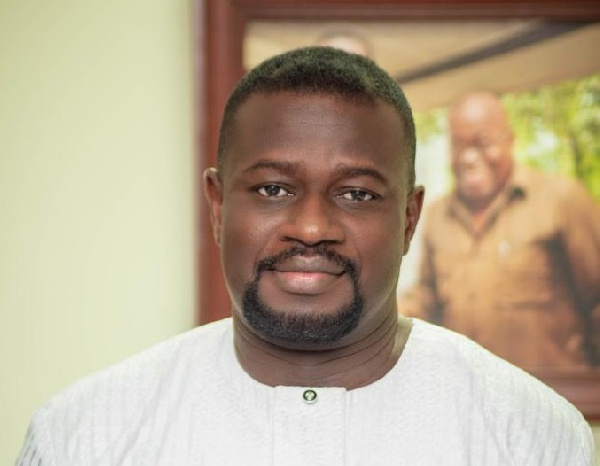adverts
Frank Annoh-Dompreh, representing the New Patriotic Party (NPP), has emerged victorious in the Nsawam Adoagyiri parliamentary race following a High Court-ordered recount of the election results.
The recount confirmed that Annoh-Dompreh secured 29,640 votes, narrowly defeating Amenorpe Philbert Fummey of the National Democratic Congress (NDC), who garnered 29,433 votes.
The recount was prompted by a December 20 ruling from the High Court, which ordered the Electoral Commission (EC) to recollate and announce results for Nsawam Adoagyiri and Ablekuma North.
adverts
The court’s directive nullified previous announcements due to alleged irregularities.
The judicial review was initiated by six NPP parliamentary candidates, including Annoh-Dompreh, who sought a mandamus order for the EC to recollate results in their respective constituencies.
The petitioners, who also represented Tema Central, Okaikwei Central, Techiman South, Ablekuma North, and Ahafo Ano North, argued that inconsistencies in the initial collation process had affected the credibility of the results.
The Nsawam Adoagyiri collation process faced significant disruptions. On election day, the collation centre was besieged, halting the aggregation of results. Subsequent attempts to resume the process on December 13 failed due to continued unrest.
Similar incidents occurred in other constituencies, including Dome Kwabenya and Tema Central, where violence and disputes delayed the collation process.
The EC relocated some collation activities to the Police Training School, which sparked further disagreements over transparency.
The NDC has criticised the recollation process, asserting that results declared at polling stations should remain final.
They also questioned the EC’s decision to annul earlier announcements, accusing the Commission of undermining the electoral process.
With Annoh-Dompreh’s victory upheld, attention now shifts to other disputed constituencies where recounts or legal battles are ongoing.
Stakeholders, including the EC, face mounting calls to strengthen electoral processes to prevent such disputes in future elections.
This development serves as a reminder of the critical need for transparency, security, and effective management during elections to safeguard Ghana’s democratic integrity


